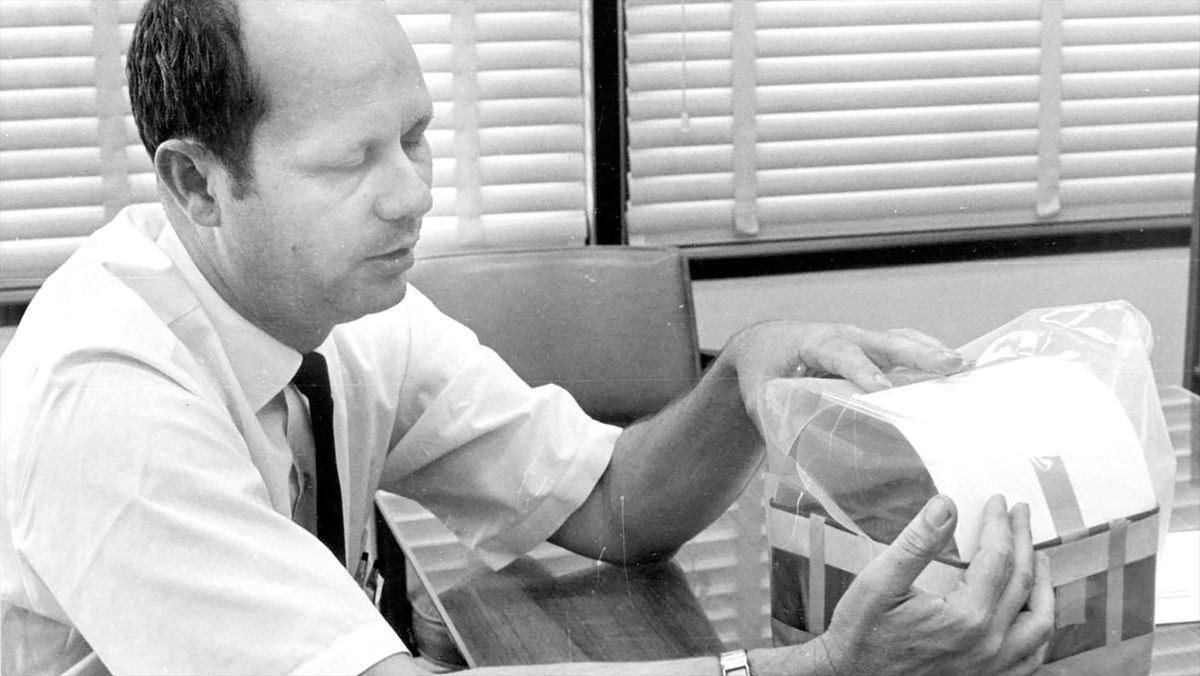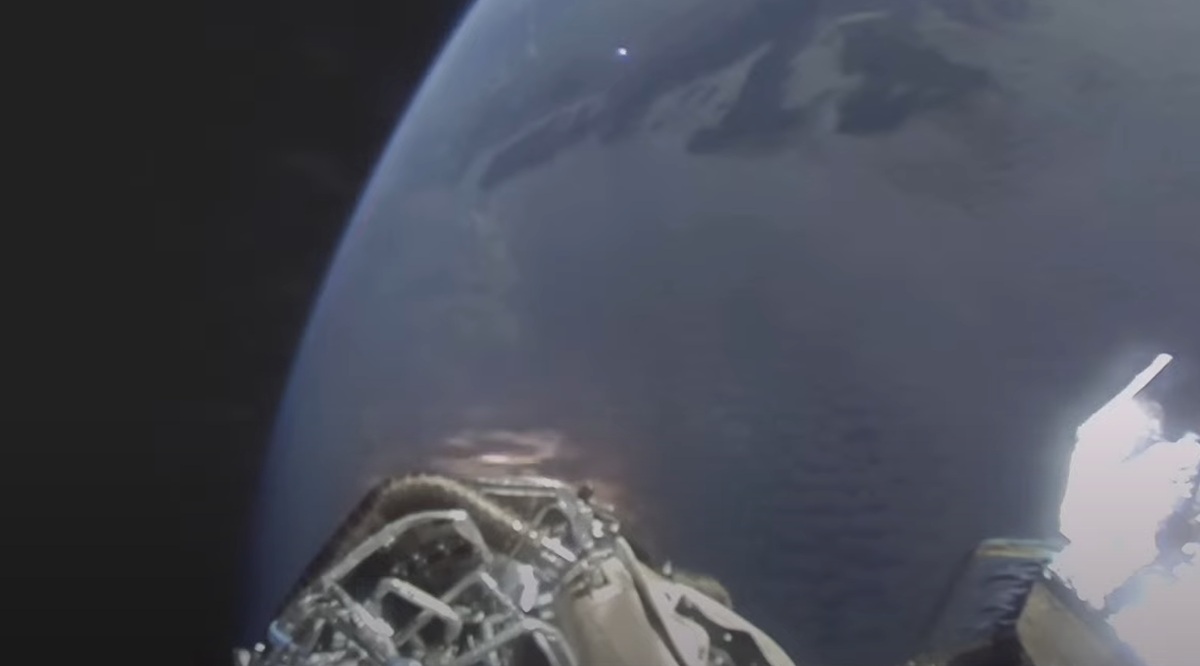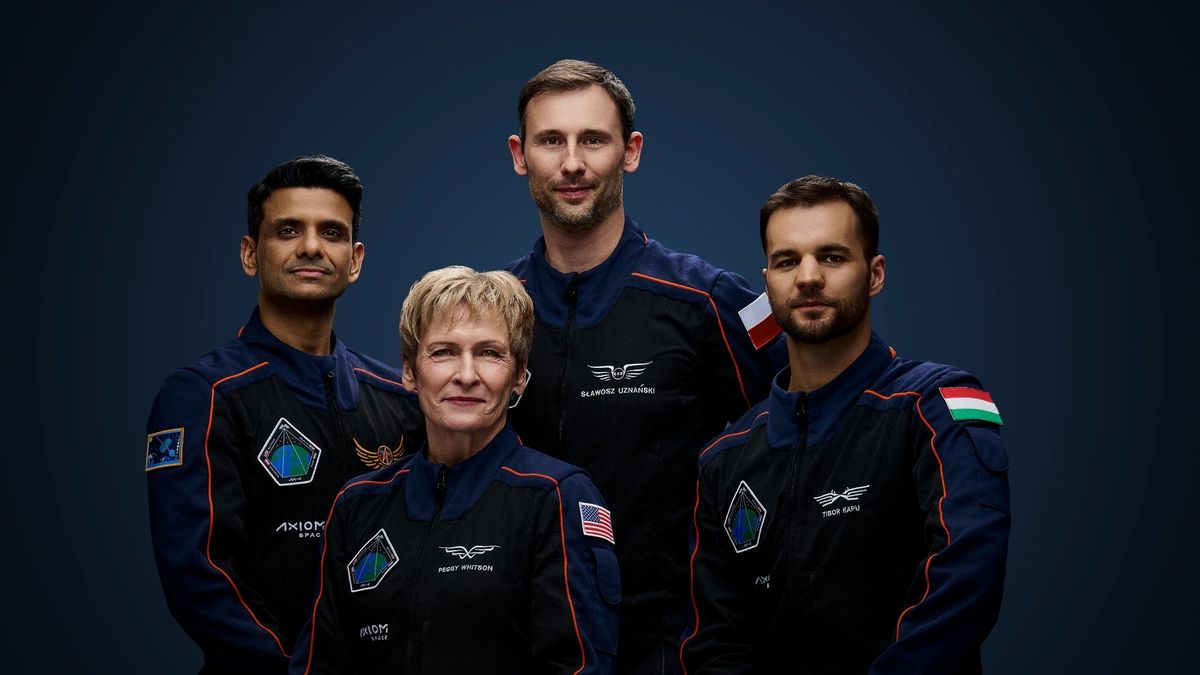Scientists announced they have developed an artificial intelligence program capable of designing gravitational wave detectors that outperform human-made versions, potentially supercharging our ability to "hear" the universe.
Gravitational waves, or ripples in the fabric of spacetime, are caused by cataclysmic events like merging black holes. Scientists detect these waves using giant L-shaped instruments called "interferometers," which measure incredibly tiny changes in spacetime as a wave passes by Earth. While current gravitational wave detectors — such as Laser Interferometer Gravitational-wave Observatory (LIGO) and its sister site Virgo — have proven very successful, a new study argues there exists an "unimaginably large" realm of experimental designs yet to be explored by human researchers.
This unexplored territory presents a major opportunity for AI to rapidly discover innovative detector designs more efficiently than humans can — opening new avenues for "listening" to the universe, the researchers say.
One such AI-powered algorithm, named Urania, recently identified 50 novel detector designs that outperformed the best experimental blueprints created by human scientists, the new study reports. Scientists say these designs could expand the observable volume of the universe by a factor of 50 — a leap comparable to going from hearing whispers in the next room to conversations across the entire city.
"We are in an era where machines can discover new super-human solutions in science, and the task of humans is to understand what the machine has done," study lead author Mario Krenn, a quantum physicist who leads a research group at the Max Planck Institute for the Science of Light in Germany, said in a statement. "This will certainly become a very prominent part of the future of science."
Urania's proposed gravitational wave detectors span a broad frequency range — from 10 to 5000 Hz — capturing signals from a wide array of cosmic events, according to the new study. This range encompasses signals from black hole mergers, including those from the universe's first stars; understanding such events is key to potentially unlocking mysteries of so-called "dark sirens" in the cosmos and refining measurements of the Hubble constant, which describes the universe's expansion rate.
One AI-designed detector increases sensitivity to gravitational waves from supernovas by a factor of 1.6 compared to LIGO's upcoming Voyager upgrade — potentially quadrupling the number of detectable events by allowing the detection of fainter and more distant signals, the new study reports.
Another such detector shows promise in identifying the early stages of binary neutron star mergers, providing advance warning for telescopes to observe the accompanying electromagnetic emissions and capture richer scientific data. These detectors could also capture gravitational waves emitted after the neutron stars collide, known as post-merger signals, which are thought to contain vital information about the ultra-dense matter inside neutron stars. Scientists say this could reveal exotic states of matter and deepen our understanding of the fundamental physics governing these extreme environments.
"Our approach could inspire AI-driven innovations in other scientific fields, helping us design the next generation of precision instruments to explore the universe in ways we have yet to imagine," Krenn and his colleagues write in the new study.
The researchers have published a "gravitational wave detector zoo, or collection of the 50 top detector designs developed with Urania. The goal is to inspire new approaches for next-generation instruments. According to the study, a few of these designs could be implemented as upgrades to existing facilities following successful testing.
This research is described in a paper published April 11 in the journal Physical Review X.









 English (US) ·
English (US) ·